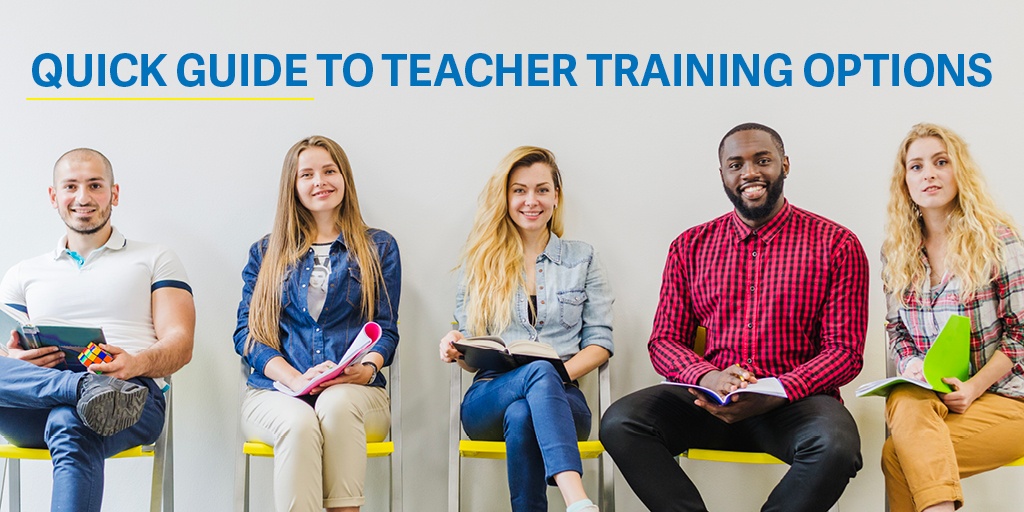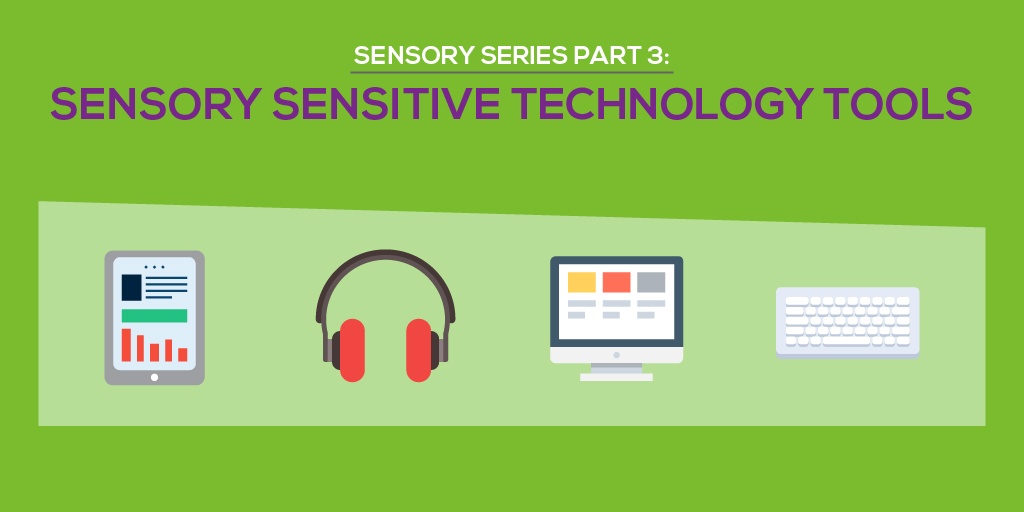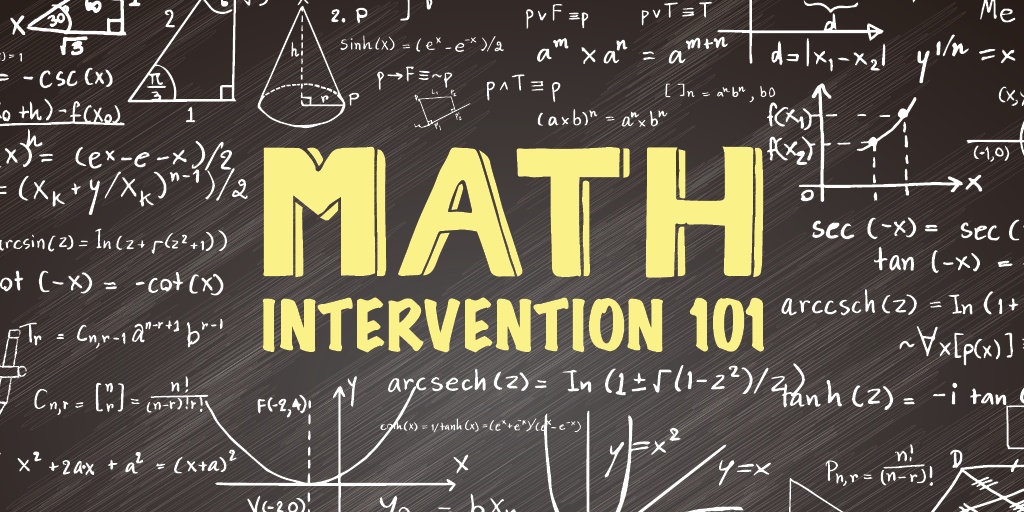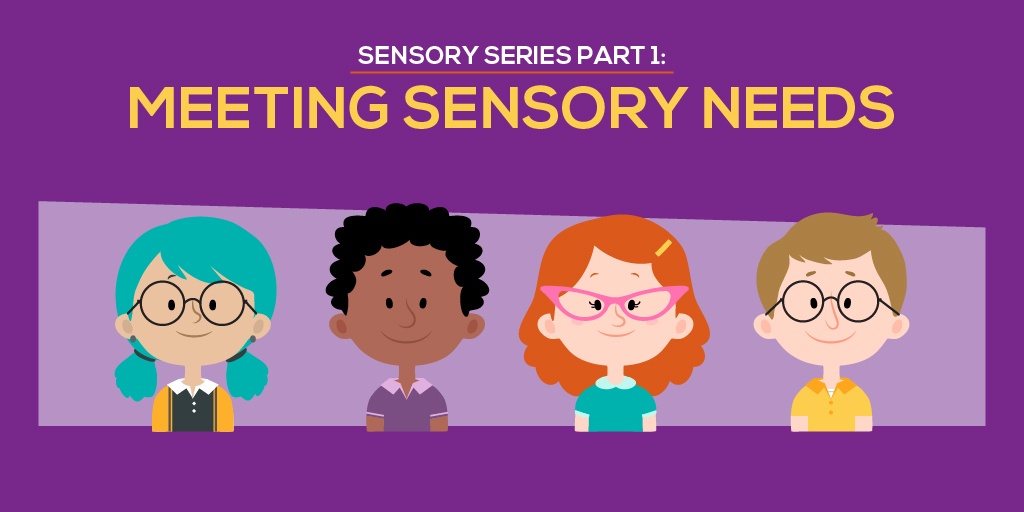In today’s public education classroom, many students have a device that will connect to the Internet. At the secondary level, many students are taking that device home. Because students now have new options for learning outside of the classroom, teachers and administrators are interested in “flipping” the classroom. But what exactly does this term mean?
Topics: Education Technology, curriculum, education industry, tips for teachers
Classroom Connections: How Well Do You Know Your Students?
One of the most critical factors for student and classroom success—especially early in the year—is connecting with our students. As one of my favorite principals used to tell me, “They don’t care how much you know until they know how much you care.” I have found this to be very true.
Topics: education industry, Educational influencers, tips for teachers
November is here and the holidays are quickly approaching, but there’s still plenty of learning and teaching time before the break! Here are our top tips to help you create engaging lessons all month long.
Be sure to check out the latest content for November on MimioConnect™ , our interactive teaching community, to help you get started on the right track:
Topics: Lessons, Activities, Interactive Whiteboard, MimioStudio, tips for teachers
If you want your teachers to have special training or certificates in technology or career education moving forward, it will take some searching—but hopefully the information below will help you get started.
Topics: Educational Software, Education Technology, Professional Development for Teachers, Training, Administrator Resources, tips for teachers
Sensory Series Part 3: Sensory Sensitive Technology Tools
In the previous two Sensory Series posts, we covered meeting the sensory needs of students and designing a sensory sensitive classroom. The final piece of the sensory puzzle is how devices can assist students in the classroom. Can technology help students with sensory issues? And can it impede their learning if we aren’t attentive to their needs?
Topics: Classroom Technology, tips for teachers, Classroom Management, Sensory Needs
Response to Intervention (RTI) helps to support all students within a school. It is a systematic approach to meeting the needs of all children. Instead of individual teachers in individual classrooms working to help students, the entire school system works as a whole to help all of the students. Here is an overview of how to think about Response to Intervention.
Topics: Math, tips for teachers, STEM
Teachers who have taught for a few years know that every individual class takes on its own personality. Hopefully it is not a clash of personality, but a class of personality. Each of the individuals in the room add to create one overall classroom “personality.” Even one or two new students moving into or leaving a classroom can change the entire culture and dynamic of the room.
Topics: Administrator Resources, tips for teachers, Classroom Management
Teachers deal with many challenges throughout the year. The top five, which you can read about in a previous post, are having too many masters, budget constraints, time, student needs, and teacher burn-out. And on any given day, these challenges can come at us all at once! I wish I could wave my magical pointer and make these challenges disappear. We teachers may be superheroes, but we unfortunately do not have superpowers—another challenge to add to the list. What I can do is offer some suggestions to help make these challenges a little less challenging:
Topics: tips for teachers, Classroom Management
Here we go—off to another year! We’ve got the bulletin boards up, pencils sharpened, desks arranged, nametags labeled, and we feel well-rested after the summer break. We come into each year with a renewed sense of energy, ready to tackle all of the challenges that come our way. Here are the top five challenges we commonly face in the classroom as teachers:
Topics: tips for teachers, Classroom Management
Over the past few decades, more and more information has been unpacked around the area of sensory issues with students. Some of this has come from research about the autism spectrum, while some has come from other areas of the medical field, including allergies, processing disorders, and the like.
In a classroom, it can be difficult to not only understand all of these needs, but to also help students who have them. Teachers are not medical experts by any means, but with a little background knowledge, it can be easier to understand our students and how to help them. In our three-part Sensory Series, we’ll be exploring the different ways to approach varying sensory needs.
Topics: Administrator Resources, tips for teachers, Sensory Needs











